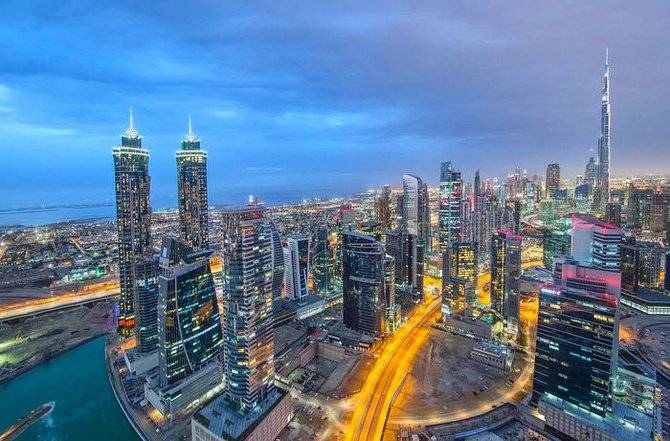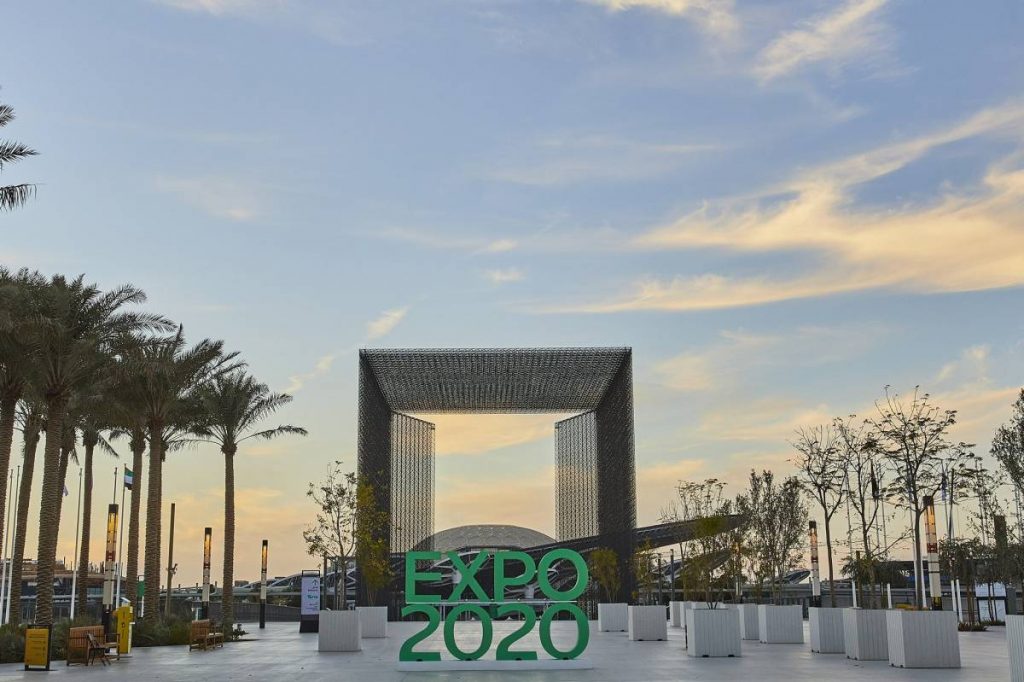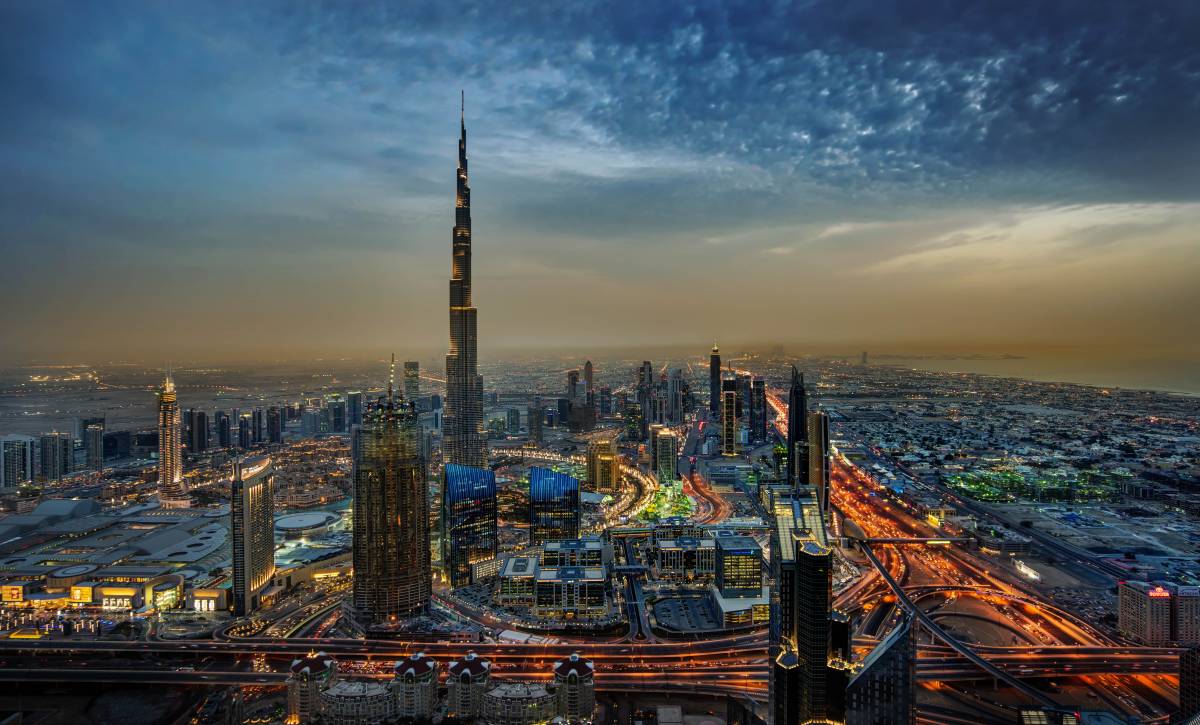Sheikh Hamdan bin Mohammed said Dubai’s position as a global economic capital has been supported by clear goals, flexibility and speed in responding to changes, as well as consistent legislative development, reports Asian Lite Newsdesk
Dubai is expected to record 3.1% economic growth in 2021 and 3.4% in 2022, according to the latest economic outlook announced by Dubai’s Department of Economic Development (DED).
It said the economic growth for next year will be driven mostly by hosting of the 6-month long Expo 2020 Dubai, which is scheduled to start on October 1.

Meanwhile, effective management of pandemic, adaptability to change and economic support packages will pave way for accelerated growth, it added.
In a series of tweets, Sheikh Hamdan bin Mohammed bin Rashid Al Maktoum, Crown Prince of Dubai and Chairman of Dubai Executive Council, announced the growth projection and stated that Dubai has overcome the pandemic’s global shockwaves.
“Dubai has managed to overcome the consequences of the current exceptional global situation thanks to the directives and leadership of His Highness Sheikh Mohammed bin Rashid Al Maktoum, where the emirate’s economy is expected to achieve a growth of 3.1% this year, rising to 3.4% in 2022,” said Sheikh Hamdan.
ALSO READ: Expo symbolises hopes of youth: UAE envoy to UK
“Our vision for the future is supported by loyal national energies. And strong partnerships with the world,” he added.
In a following tweet, he said: “Dubai’s position as a global economic capital has been supported by clear goals, flexibility and speed in responding to changes, as well as consistent legislative development. We have created an attractive investment environment for creative energies who match our ambitious path.”
Director General of the Dubai Department of Economic Development Sami Al-Qamzi said Dubai is a shining example of an economy that has rapidly and skillfully managed to move from a COVID-19 induced closure and protection phase to recovery and growth.
“The Emirate has resumed its development journey guided by a strategic vision that seeks to enhance domestic demand and exports, open new markets, and attract investors and talent,” he said.
Al-Qamzi recalled the five consecutive stimulus packages that the Government of Dubai has launched during the period from March 2020 to September 2021, which contained a number of support measures, such as the suspension and reduction of various fees, reduction of customs duties, water and electricity bills, postponing rent payment, and cancelling fines.

The total financial cost of the five packages amounted to AED7.1 billion, or 1.6% of Dubai’s GDP. These packages came on top of economic support measures launched by the UAE Federal Government, including the ‘Targeted Economic Support Scheme’ that the Central Bank of the UAE launched in March 2020 to ease the financial burden on firms and help many of them to avoid bankruptcy.
Al Qamzi pointed out that growth is expected to accelerate in 2022 and reach 3.4%, driven by the continuous recovery of activities that were most affected by the pandemic, such as tourism and international transport, which will also benefit from Expo 2020 activities in the first months of 2022.
Earlier, Sheikh Hamdan stated that rapid response measures from the government and decisive adaptive changes in the face of COVID-19 have enabled Dubai to successfully contain the pandemic and maintain its robust economic growth.
Meanwhile, the UAE has ranked the first Arab country, 3rd among 27 emerging global economies, and 23rd globally among 123 countries in the Future Readiness Index report, issued by the Portulans Institute in partnership with Google.
The report commended the UAE’s performance on the future readiness indicators, where it ranked third among 27 emerging economies representing the best performance on the overall index.
The index measures four main pillars namely, institutions and infrastructure, technology, talent, and innovation. The main pillars include 15 sub-pillars that monitor governments’ ability to prepare for the future, embrace digital transformation, invest in human capital, attract talent, and invest in research and development, among others.
Compared to the 27 emerging economies on the index, the UAE achieved leading positions in the four main pillars, ranking second in both “Institutions & Infrastructure” and “Talent” pillars, third in “Technology” and fourth in “Innovation”, making it ahead of China, Russia and India.

Leave a Reply